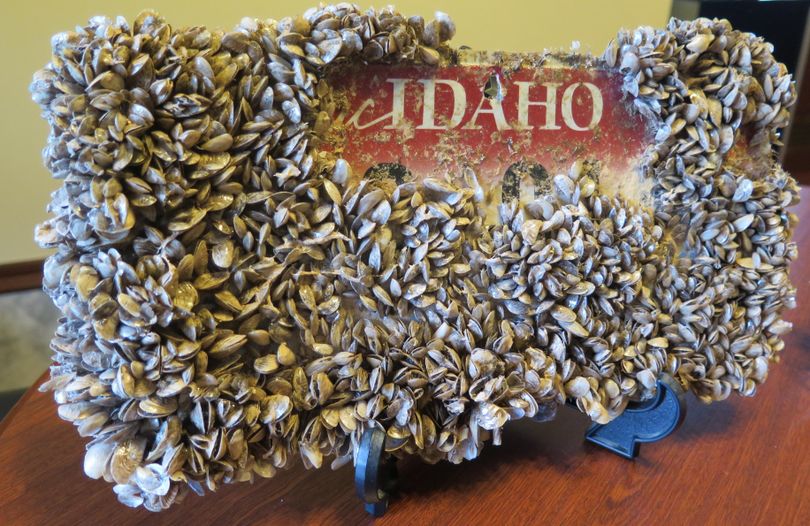Idaho’s boat inspection program faces big budget shortfall

Idaho’s boat inspection program, aimed at keeping invasive quagga and zebra mussels out of the state, is facing a big budget shortfall that’s sent state lawmakers scrambling. Sen. Shawn Keough, R-Sandpoint, co-chair of the Idaho Legislature’s joint budget committee, plans to propose an additional funding boost in the current year’s budget on Monday, designed to “get us through this year and get our boat stations set up,” she said. “We’ve got some fishing derbies coming up in March and boats are starting to move.” You can read my full story here at spokesman.com.
Idaho’s been running the inspection stations around the state in the spring, summer and fall with funding from a special invasive species sticker that all boaters who use Idaho waters are required to buy. The sticker program has been raising about $1.1 million a year, which was enough to run the program – but then lawmakers required the inspection program to do more, including opening every station from dawn to dusk.
Now that invasive mussels have been found in Montana, the state Department of Agriculture wants to open up three new inspection stations aimed at traffic coming from that state. And a legislative interim committee that studied the threat from the tiny, fast-spreading invasive mussels, which can destroy irrigation equipment, foul beaches and ruin landscapes, is calling for six stations to move to 24-hour operation, which would cost millions over the course of a year.
“We don’t have the funds to run dawn to dusk or nighttime stations, or three new stations,” state Agriculture Director Celia Gould told the Joint Finance-Appropriations Committee this week. “Those are the unknowns that add a significant amount to this budget.”
Keough said at this point, the state needs between $300,000 and $1.2 million more just to get the program through the current budget year, which ends June 30. The $300,000 figure is just to run all existing stations from dawn to dusk; the higher figure adds the new stations, nighttime operations, and additional law enforcement staffing required to operate the stations at night.
Then, next year, with the expanded hours and more stations, the program would need an additional $4.5 million.
